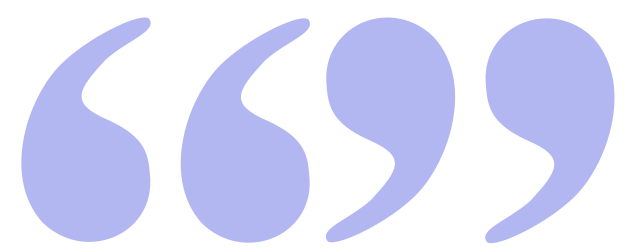
Making The Most Of Quotations
Quotations For Your English Literature Exam
For many students sitting their GCSE, or IGCSE, English Literature examinations, remembering quotations is a key requirement of the course. It might be your greatest weakness, your Achilles Heel. Perhaps it fills you with dread, remembering whether Romeo or Juliet said a very important line, or just what the significance of the Inspector’s parting line is in An Inspector Calls. Some examination courses are open book, meaning you can take a text in with you (phew, you might think – that’s a relief!), but others are closed book, meaning you have to try and remember quotations as best as you can. But fear not – there are ways to make your life a little bit easier.
Build A Bank Of Quotations
One piece of advice is to build up a list of relevant quotations as you are reading, or revising, a text. Maybe think about characters and themes – after all, these are often the focus of English Literature questions. In all honesty, it is easier to do this as you go through, rather than rushing and doing it as a last-minute revision task.
Thinking about choosing quotations that can be applied to different questions with a range of focuses is a savvy approach. For example, let’s say you are writing about Dr Jekyll and Mr Hyde. In Chapter 1, Stevenson describes Mr Utterson as ‘cold, scanty and embarrassed in discourse… with ‘… a rugged countenance.’ Now here, you could focus on his character – but maybe you could also tie it in with a key theme in the novella. In the poem ‘Disabled’, by Wilfred Owen, the simile ‘… saddening like a hymn’ could be used for different types of questions. Arthur Birling’s comment that the Titanic is ‘… absolutely unsinkable…’ links in quite nicely with a character question or, more widely, about a theme.
Short, Sweet And Selective
Another useful skill is to try and remember quotations that aren’t too long – perhaps you can think about a way of remembering them? Be selective, too. There is little point in remembering a very long quotation and going to great lengths to write it down in an exam, if only one or two words are relevant.
Don’t panic if you can’t quite recall the exact position of a quotation – i.e., which chapter, act or stanza it is in. You can make a reference to where something is, even if you are not totally sure. So, you could write ‘Near to the end of the novel…’ – and this will gain you some credit, even if you can’t quite locate the exact words.
Quotations are important in your English Literature examinations. You need to use them to back up your points – but if you prepare and revise carefully, you shouldn’t have anything to worry about.